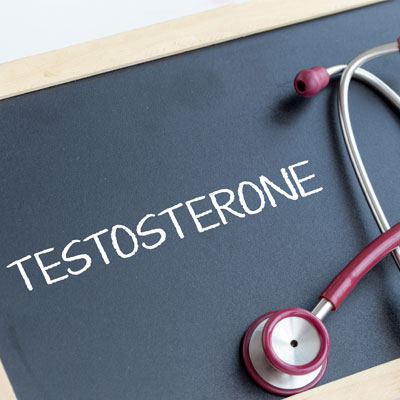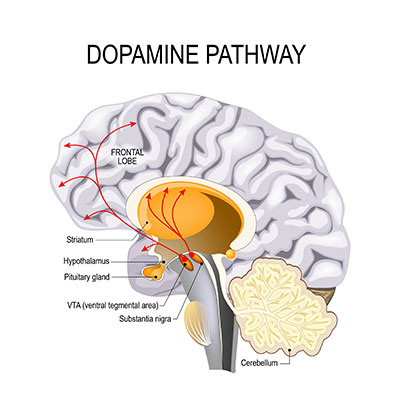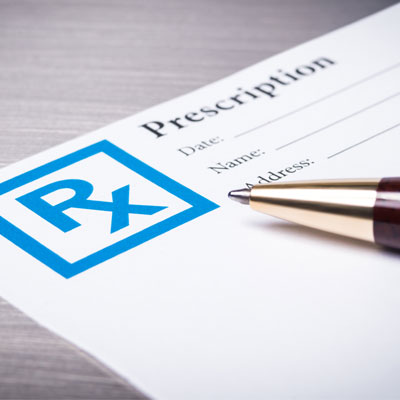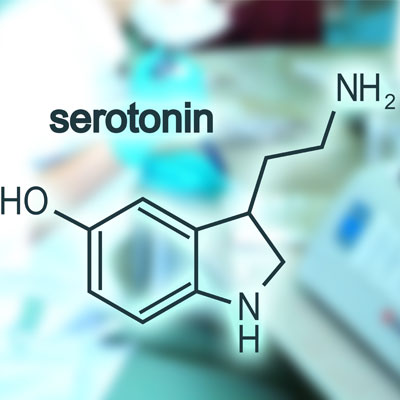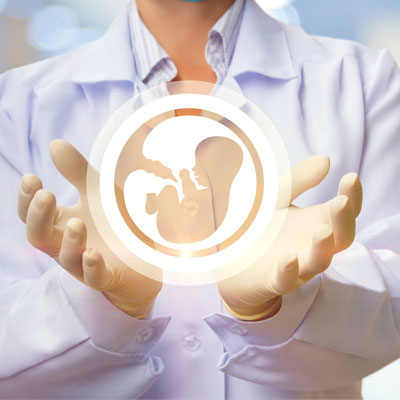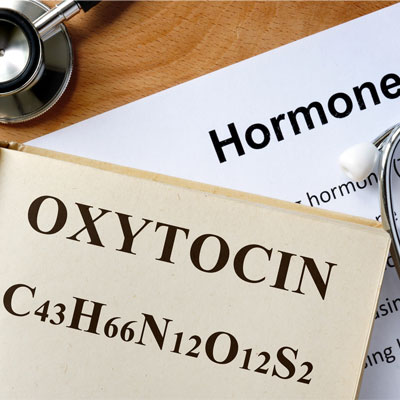Testosterone and Dopamine Interaction
Contents
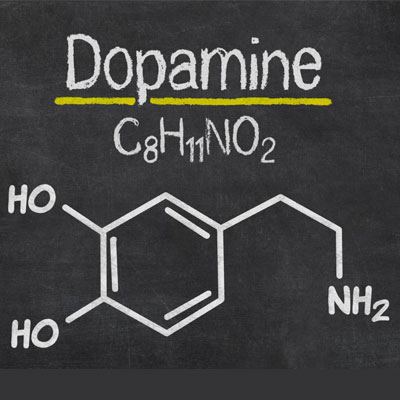
Go to sourcedopamine interaction to see how they influence one another.
Optimal wellness relies on all systems in the body working in unison for the common good of the whole being. Hormone levels out of balance can adversely influence health and systemic functions. Neurotransmitters that do not adequately relay messages can also affect crucial processes in the body.
It is crucial to understand the relationship between testosterone and dopamine, and what you can do to optimize their levels for maximum well-being.
Maximizing testosterone and dopamine interaction is crucial for overall well-being.
What is Testosterone
Testosterone is an androgen steroid hormone produced in various tissues in the body. The majority of male testosterone comes from the testes while the ovaries provide most of a female’s testosterone. The adrenal glands are another area of testosterone release. Production of testosterone is controlled by the hypothalamus and pituitary gland based on hormones they secrete.
Testosterone enters the bloodstream and binds to either Trusted sourceSex Hormone Binding GlobulinUniversity of Rochester Medical CenterGo to sourcesex hormone binding globulin (SHBG) or albumin for transport to the body’s tissues. Most of the testosterone you find in the bloodstream is attached to the protein SHBG and is not available for androgen receptor use. Only free testosterone (unbound) and that which is loosely attached to albumin is considered available for binding with androgen receptors.
The connection between free testosterone and dopamine begins in the brain, where androgen receptor cells await the signals from testosterone. These signals stimulate numerous processes, including neurotransmitter release. Testosterone influences thought and cognitive functions, emotional responses, muscle and bone growth, sexual performance and desire, metabolism, and more. Low testosterone is associated with depression, stress, mental fog, and mood changes.
Maintaining normal testosterone and dopamine interaction requires a healthy supply of testosterone available to the androgen receptors.
Testosterone is a hormone that stimulates many functions, including neurotransmitter release in the brain.
What Is Dopamine?
Also called DOPA, dopamine is a neurotransmitter delivering critical signals between nerve cells in the brain. Dopamine production takes place in the ventral tegmental area and substantia nigra regions of the brain. Both brain areas that produce DOPA are extremely thin and tiny. Dopamine that originates in the substantia nigra is crucial for speech and movement. Patients with Parkinson’s disease suffer from uncontrollable tremors as dopamine-producing cells die off in this area. That is why medications that improve dopamine production are beneficial for Parkinson’s patients.
Dopamine produced in the ventral tegmental area is associated with rewards. It is this dopamine that influences laboratory animals to press a lever to get a piece of food. In humans, this dopamine increases our pleasure in satisfying foods and activities. DOPA produced here also influences our moods. The adrenal glands contain receptors for dopamine.
One area of similarity we see with the testosterone and dopamine connection is that both chemicals play a role in regulating mood, behavior, and sleep. Dopamine is the “feel good” neurotransmitter because it helps regulate reward-motivation behavior. Men with low dopamine levels often suffer a decline in sexual desire and sometimes even erectile functions.
As we examine the influence of each of these chemicals upon one another, we will see a bidirectional testosterone and dopamine interaction that is critical to maintain.
Dopamine is the “feel good” neurotransmitter that helps regulate reward-motivation behavior.
Does Testosterone Influence Dopamine Levels?
How does testosterone effect dopamine? At the brain level, testosterone impacts dopamine through its binding with androgen receptor cells in the brain. Much of the Trusted sourceTestosterone and Dopamine StudyNCBIGo to sourcestudy on testosterone and dopamine interaction has taken place with rats – both adolescent and adults.
In adolescent rats, researchers have found that higher levels of testosterone increases dopamine production. We can easily see how this would be a likely scenario for adolescent boys who are going through puberty. When testosterone production increases during puberty, teenage boys tend to lose focus yet their sex drive surges. They become motivated by rewards and feel-good behaviors. Teens also tend to require more sleep than usual as elevated dopamine and testosterone levels help them sleep longer and more soundly at night. Testosterone augmentation of the adolescent male rats not only increased dopamine synthesis but also stimulated midbrain expression of various dopamine receptors and transporters.
When researchers increase testosterone and dopamine levels in adult rats who have low levels, they also find a boost in sexual performance and reward-signaling behaviors.
Testosterone directly influences dopamine production in the brain.
How Does Dopamine Affect Testosterone?
One way in which dopamine impacts testosterone is through the hypothalamic-pituitary-gonadal axis. Dopamine influences the secretion of gonadotropin-releasing hormone (GnRH) from the hypothalamus to the pituitary gland. GnRH is the first step in the hormone signaling process that then sends luteinizing hormone (LH) from the pituitary gland to the testes to stimulate testosterone production. In this area of testosterone and dopamine interaction, dopamine plays a crucial role in helping increase testosterone levels.
Because dopamine influences sex drive, and testosterone is a direct stimulator of sexual desire, decreased message supplies to testosterone and dopamine receptors will likely impact libido. A man who has low testosterone and dopamine levels will probably have a reduced or non-existent sex drive.
In one study, rats that received a solution to reduce their DOPA levels experienced a significant decrease in GnRH production. The result was a decline in LH signals sent to the testes to produce testosterone.
A study of 9 men who received neurotransmitter blockers also saw a decline in LH levels. Additionally, their prolactin production increased. What is prolactin and what is its role in the relationship between dopamine and testosterone? Continue reading to find out.
Dopamine influences the secretion of hormones from the hypothalamus and pituitary gland that stimulate testosterone production.
Testosterone, Dopamine, and Prolactin – What is the Connection?
A primary part of the testosterone and dopamine interaction has to do with their relationship with prolactin, a hormone that plays a role in sexual gratification and breast milk production. As with testosterone, prolactin release from the pituitary gland begins with the hypothalamus. There, pituitary releasing hormone (PRH) heads to the pituitary gland to stimulate prolactin production. Prolactin, in turn, decreases the Leydig cells’ secretion of testosterone in the testes.
PRH activity is inhibited by dopamine release in the hypothalamus which stimulates prolactin inhibitory factor (PIF). PIF helps to increase GnRH secretion which ultimately leads to a boost in testosterone production. Since testosterone raises dopamine levels in the brain, increasing PIF and decreasing PRH is crucial to keeping prolactin levels from getting too high.
As with every other hormone, prolactin has its importance in the body. Maintaining proper hormone levels is crucial to optimal functioning.
Too much prolactin can decrease testosterone and dopamine levels. Testosterone and dopamine can help keep prolactin levels from getting too high.
How to Optimize Testosterone and Dopamine
It is crucial to use caution when engaging in the balancing of hormone and neurotransmitter levels. Elevated dopamine levels can cause a person to get “addicted” to reward stimulation. We often see this with drug and nicotine abuse as those substances tend to boost dopamine levels.
Before starting testosterone replacement and dopamine treatment of any type, you want to speak with a hormone specialist and undergo comprehensive blood testing to measure hormone levels. Only a doctor trained in hormone replacement therapy should prescribe these treatments.
It is also crucial to examine one’s diet and lifestyle habits to see if those are interfering with proper hormone production. High sugar intake will lower both testosterone and neurotransmitter levels. Because many carbohydrates turn into sugar on the body, it is also important to avoid baked goods, white bread, and other forms of empty carbohydrates.
Foods such as avocados, grassfed beef, eggs, and healthy fats help stimulate testosterone and dopamine production. Ensure that you consume adequate amounts of vegetables and fruits each day and stay away from fried and processed foods. Flavonoids found in raw cacao, berries, and tea can help protect the brain and improve dopamine levels.
Get plenty of sunshine as vitamin D is essential for activating dopamine-producing receptors in the adrenal glands. Vitamin D is also crucial for testosterone production.
Sitting for extended periods can also decrease both dopamine and testosterone levels. It is essential to engage in daily physical activity to help boost hormone and neurotransmitter production. Even the simple act of standing can help increase dopamine levels.
Make sure to get at least 7 hours of sleep each night to maintain dopamine receptor sensitivity. Sleep is also crucial for testosterone secretion.
For further information about testosterone and dopamine interaction, please contact our hormone clinic for a free consultation.
Healthy eating, adequate vitamin D, and proper sleep all help testosterone and dopamine production.
- Tertia Purves-Tyson, PhD, Samantha Owens, Kay L Double, PhD, Reena Desai, David J Handelsman, PhD, Cynthia Shannon Weickert, PhD
- PD Maria Angelica de Souza Silva , PhD, Claudia Mattern, PhD, Dr. Bianca Topic, Dr. Tim Buddenberg, Dr. Joseph P. Huston
- Melissa J. Nirenberg, MD, PhD, FAAN, Roxanne Vaughan, George R. Uhl, MD, Michael J. Kuhar, PhD, Virginia M. Pickel, PhD
- Rui Cui, Yunxiao Kang, Li Wang, Shuangcheng Li, Xiaoming Ji, Wensheng Yan, Guoliang Zhang, Huixian Cui and Geming Shi
Testosterone Induces Molecular Changes in Dopamine Signaling Pathway Molecules in the Adolescent Male Rat Nigrostriatal Pathway
Dopaminergic and serotonergic activity in neostriatum and nucleus accumbens enhanced by intranasal administration of testosterone
The dopamine transporter is localized to dendritic and axonal plasma membranes of nigrostriatal dopaminergic neurons
Testosterone Propionate Exacerbates the Deficits of Nigrostriatal Dopaminergic System and Downregulates Nrf2 Expression in Reserpine-Treated Aged Male Rats

